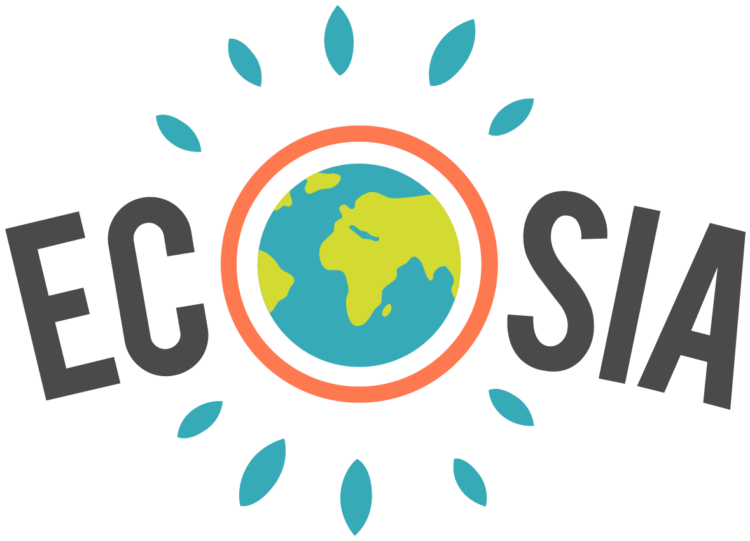St Andrews adopts green web technology

The University of St Andrews will implement the eco-friendly search engine Ecosia across its computer network as part of an ambitious strategy to reach net zero carbon by 2035.
The University’s switch to the eco-friendly search engine, which plants trees for internet searches in a bid to tackle the climate emergency, will take place on Monday 24 January. Ecosia will be the default search engine on all classroom computers across campus and students will be advised how they can make the optional switch to Ecosia on their personal devices.
Ecosia is a not-for-profit search engine that uses advertising revenue gained from searches to plant trees, donating 80 per cent of its profits to non-profit organisations that focus on reforestation. The search engine’s mission is to absorb as much CO2 as possible by planting trees to try and reduce the impact of climate change.
The change to the world-leading green search engine is part of the University’s environmental strategy, which aims to reach net zero carbon by 2035, one of the most ambitious sustainability targets set by a higher education institution in the UK.
Inspired by the international ‘Ecosia on Campus’ movement, a student-led campaign to encourage higher education institutes to make the eco-friendly browser their official search engine, students from St Andrews worked alongside the University’s Environmental Strategy Board to scope out the benefits, implications and overall environmental impact of the switch to the eco-browser.
Working in partnership with stakeholder groups across the University, involving staff and students, the switch to Ecosia will take place on computers in all classrooms across campus, with a view to extending this further to all University computers in due course.

Ellie King, St Andrews on Ecosia Campaign Leader and third year undergraduate student at the University of St Andrews, said: “After campaigning for two years to get the University to switch to using Ecosia we are delighted to see this now taking place. Throughout the campaign we have been supported by so many people across the University, from students and staff to societies and student bodies, coming together to show the power of environmental activism.
“Making this change will help the University reach its ambitious target of net zero by 2035, making a positive impact on the world from the outset. We hope that we inspire other students to start their own grassroots movements at other universities to make a difference with Ecosia.”
Professor Clare Peddie, Vice-Principal Education (Proctor), added: “For an institution which places sustainability and social responsibility at the heart of its mission, the switch to Ecosia demonstrates our commitment to tackling the global climate emergency. St Andrews is home to some of the brightest and best, environmentally active, and socially aware students in the world. The student-led campaign is an excellent example of how to challenge green thinking around the tech, and how staff and students can come together to make a positive, global impact.
“We want to be known as a university which practises what it preaches and puts sustainability at the heart of its operations.”
Fred Henderson, Project Coordinator at Ecosia, said: “Now that St Andrews has made Ecosia its default search engine, we will be able to plant tens of thousands more trees. I can’t thank the St Andrews on Ecosia team enough for initiating this environmental change and to the faculty and IT department for implementing the switch. I hope it will inspire other universities around the world to join the movement.”
Ecosia’s tree-planting strategy mirrors the University’s own ambitious initiative, the St Andrews Forest, where alumni, friends and supporters of the University are being asked to get involved by planting trees across the globe and signing up to a crowdfunding effort to help maximise the impact of the ambitious carbon reduction scheme.
About Ecosia
Headquartered in Berlin, Germany, Ecosia is the world’s largest not-for-profit search engine. It has planted more than 140 million trees across 30 countries worldwide. In 2014 Ecosia was accredited as a B Corporation and in 2017 it built the first of its four solar plants to ensure it is 100 per cent renewable, reaching 200 per cent renewable in July 2020. In 2018 Ecosia gave away its shares to the Purpose Foundation, to assure that it can never be sold and that no one, including the founder, can profit or receive dividends from the company. Ecosia was founded by Christian Kroll in 2009.
Visit the Ecosia website to learn more.
Issued by the University of St Andrews Communications Office.